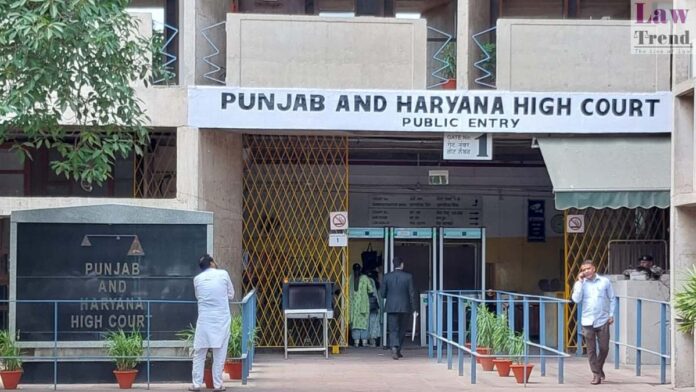The Punjab and Haryana High Court, in a significant ruling, emphasized that maintaining authority over employees cannot extend to humiliating or bullying them. This principle was underscored in Balwan Singh v. State of Haryana (CRM-M-5607-2017), where the court dismissed a plea to quash an FIR registered under Section 306 of the Indian Penal Code (IPC)
To Read More Please Subscribe to VIP Membership for Unlimited Access to All the Articles, Download Available Copies of Judgments/Order, Acess to Central/State Bare Acts, Advertisement Free Content, Access to More than 4000 Legal Drafts( Readymade Editable Formats of Suits, Petitions, Writs, Legal Notices, Divorce Petitions, 138 Notices, Bail Applications etc.) in Hindi and English.







